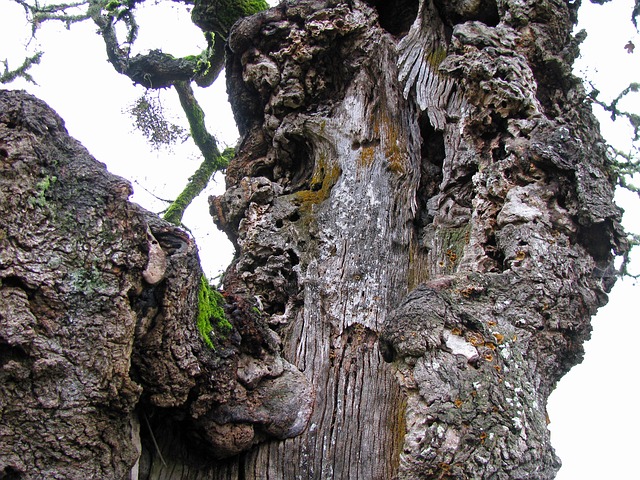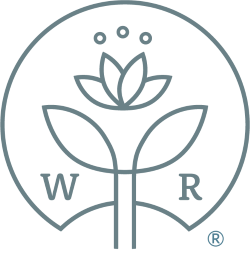White Oak Bark

Also known as
Quercus alba or Quercus robur, and oak bark.
Introduction
The oak's botanical name Quercus comes from the Celtic words quer (fine) and cuez (tree). White oak bark's astringent powers have been known to practitioners of herbal healing for thousands of years. The Romans used decoctions of oak bark to treat chronic diarrhea, dysentery, and hemorrhage. Herbalists of the nineteenth and twentieth centuries used oak bark to "tan" the lining of the throat to stop pain and prevent reinfection from viruses and bacteria.
Constituents
Starch, tannins, resins, calcium oxalate, quillaic acid.
Parts Used
Dried or toasted bark. Gentle dry heat increases the concentration of volatile oils in the bark. Bark, ground before storage. Gentle heating concentrates healing volatile oils in oak bark pieces, but destroys volatile oils in oak bark once it has been powdered.
Typical Preparations
Baths, washes, infusions, teas, tinctures.
Summary
The primary use of oak bark for making bath additives and gargles to stop bacterial and viral infections. An alcohol tincture painted on the skin or used to make a cream helps fight staph infections. Research is undergoing to confirm the traditional use of oak bark decoctions in treating kidney stones. There are indications that the bark not only dissolves stones but also stops the growth of the bacteria surrounding them. German researchers also report that regular consumption of the bark may lower cholesterol, although there are more effective herbs for this purpose.
Precautions: Avoid bathing a large area of inflamed skin all at once. Oak bark infusions, extracts, and tinctures taken internally should be timed so that any medication (especially any medication that has to be taken on a relatively alkaline or empty stomach) is not in the digestive tract. Take oak bark 4 hours before or 4 hours after any prescription medication.
PURCHASE WHITE OAK BARK EXTRACT
For educational purposes only. This information has not been evaluated by the Food and Drug Administration. This information is not intended to diagnose, treat, cure, or prevent any disease.
Unless otherwise stated, this information courtesy of MOUNTAIN ROSE HERBS, with full, written permission for reuse. For further traditional information concerning WHITE OAK BARK, please visit this excellent resource fromBotanical.com. Used with full, written permission.







